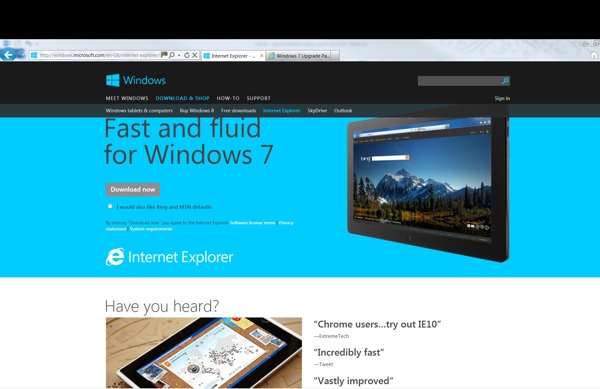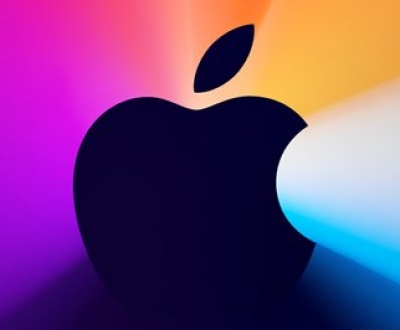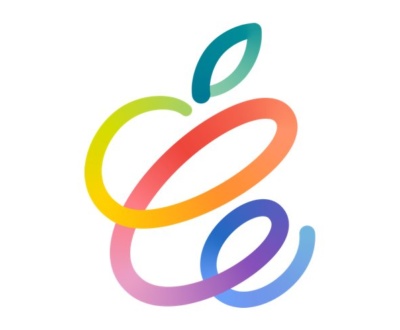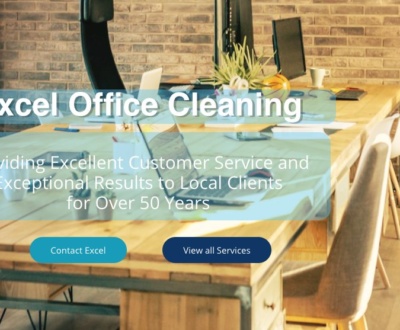The best Windows browser today: IE 10, Firefox or Chrome 25?
- February 28, 2013
- Tips and Tricks
Summary: Microsoft and Google have both just released new Internet browsers for Windows 7. So which is the best now?
Summary: Microsoft and Google have both just released new Internet browsers for Windows 7. So which is the best now?
Microsoft Windows 7 is used by a substantial share of the home and business PC users. Windows 8 has not taken the market by storm after suffering some pretty dismal reviews – including our thoughts. Business XP users are reducing as the end of life date approaches with the majority of our clients moving to Windows 7, often as part of a Windows In-Tune upgrade that provides PC management, Anti-Virus as well as a Windows license.
As more and more services are offered as web apps the importance of the browser selections is increasing. For many users it become the dominant tool for business and the gateway for communications.
Microsoft has just released its newest browser for Windows 7: Internet Explorer (IE) 10. Days earlier, Google had released Chrome 25, its latest browser, for all platforms. So, now that both are available on the most popular desktop operating system, Windows 7, which is better for Windows 7 users?
Internet Explorer 10 has finally arrived on Windows 7… Of course as with all Microsoft products installing IE 10 requires a lengthy download and then a computer restart. Google on the other hand manages to install Chrome 25 with no fuss, no reboot making for a far more pleasant user experience.
To start with the basics, IE 10, which has been available on Windows 8 and Windows RT since they were introduced, is only being made available for Windows 7. If you use Vista or XP, you’re still locked into IE 9 and IE 8, respectively. Another good reason to leave XP behind.
Chrome is available on XP on up, on Snow Leopard and higher on Macs, and on most contemporary versions of Linux.
Both Web browsers claim that they’re doing a great job of supporting Web standards. These include HTML5, CSS3, and Document Object Model (DOM) specifications. In so much as this can be tested, however, Chrome seems to have a comfortable lead. On the HTML5 Test site, Chrome scored an impressive 463 out of a possible top score of 500, while IE came in with only 320 and FireFox with 393.
Each browser has its own features. Chrome 25, for example, has started to incorporate voice-recognition. IE 10, with its roots in touch-friendly Windows 8, is touch-screen ready. Oddly, IE 10’s menu bar, which is at the bottom of the screen in Windows 8 by default, is at its more natural — as far as I’m concerned — top position in Windows 7. In fact using IE on the Windows tablet is confusing as the IE menu bar is at the bottom of the screen, where you don’t look for it. People struggle with this. Why would Microsoft change this? One possible explanation is that you access this on a tablet without your arm covering the screen.
Features are rather beside the point. Stability and performance are key. The bottom line for Web browsers is performance, so here are the results from a test conducted by ZD Net: See ZD Net.com
To put the two to the test, I ran both on a Gateway DX4710 running Windows 7 SP1. This PC is powered by a 2.5-GHz Intel Core 2 Quad processor and has 6GBs of RAM and an Intel GMA (Graphics Media Accelerator) 3100 for graphics. It’s hooked to the Internet via a Netgear Gigabit Ethernet switch, which, in turn, is hooked up to a 100Mbps (Megabit per second) cable Internet connection.
only to face its fiercest competitor: Google’s Chrome 25.
For the first test, I used SunSpider JavaScript 0.9.1, the venerable JavaScript benchmark developed by Apple’s WebKit team back in 2007. While it’s not as well-regarded as it once was, it’s still the best known of the Web browser benchmarks.
On SunSpider, where lower results are better, IE 10 blew Chrome 25 out of the water. IE 10 scored 182.63-milliseconds to 521.1-milliseconds.
Next up, I tried the pair on Google’s new benchmark, Octane. This is based on Google’s earlier V8 test suite. Like SunSpider, it measures JavaScript performance.
With this test, higher is better. As you probably would have guessed, since Octane is used by Google to help build Chrome, here Chrome beat IE to a pulp. Chrome came in with a score of 9,138 to 3,742.
Moving along, I tested the two with the vendor-neutral Peacekeeper from FutureMark, a benchmark company. Like the others, this test measures JavaScript performance, but it also evaluates HTML5 performance. It’s often regarded as the best of the browser benchmarks.
Peacekeeper is another benchmark where the higher score the better the browser. Once again, Chrome wins handily on this test. Chrome came in with 2,529 to IE’s 1,591.
Kraken, which is Mozilla/Firefox’s benchmark, also measures JavaScript benchmark. It’s based on SunSpider’s code but it’s been heavily modified over the year.
Like its forefather, lower scores are better on it. Somewhat to my surprise, Chrome once more beat IE handily. This time, Chrome scored 3,717.4-milliseconds to IE’s 9,017.1-milliseconds.
Finally, I tested them on RoboHornet. This is the newest Web browser benchmark. Google created this open-source test-suite with the help of Web developers. It’s designed to find the “pain points” in Web browsers. While only an alpha project, it’s already being used by programmers to help work out the kinks in their Web browser designs.
In this test, higher scores are better. For once we have a close result and it may surprise you. IE edged out Chrome with a score of 115.38 to 102.73.
So, which is the best? Well, for my money, Chrome seems the easy best pick. Not only does it tend to be faster, usually far faster, than IE, it runs on almost every desktop platform you’re ever likely to use and it’s more HTML5 compatible. That said, if you’re running Windows 7 and you must use IE, this latest Microsoft browser is a good choice.
Of course there is also Firfox as a browser and still a great choice.
About us and this blog
We are a digital marketing company with a focus on helping our customers achieve great results across several key areas.
Request a free quote
We offer professional SEO services that help websites increase their organic search score drastically in order to compete for the highest rankings even when it comes to highly competitive keywords.










